INNOVATION IN TEACHING
As a scholar and educator in Linguistic Variation and Change, my teaching is rooted in the belief that language is not just a system of communication but a dynamic force shaped by society, history, and culture. I aim to help students understand language as a living entity that evolves alongside human experience, reflecting social identities and historical processes.
In my classroom, I emphasize the interrelatedness of language and society, encouraging students to explore how linguistic variation reveals social structures and human behavior. Through hands-on data analysis, group discussions, and collaborative projects, I foster critical thinking and a deeper understanding of language in context. I also prioritize inclusivity, creating a space where diverse linguistic backgrounds are valued and celebrated. By examining the richness of linguistic diversity, I hope to inspire students to appreciate the complexities of language variation and equip them with the skills to analyze linguistic change within its broader social and cultural contexts.
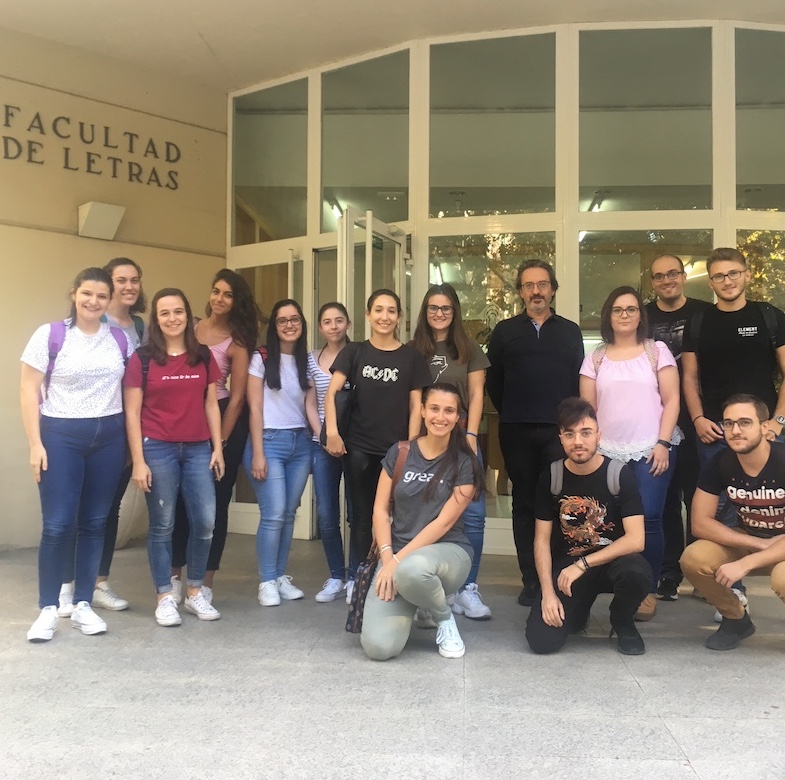
MY REGULAR UCLM COURSES
English Sociolinguistics (6 ects)
(UCLM 66042)
Autumn term
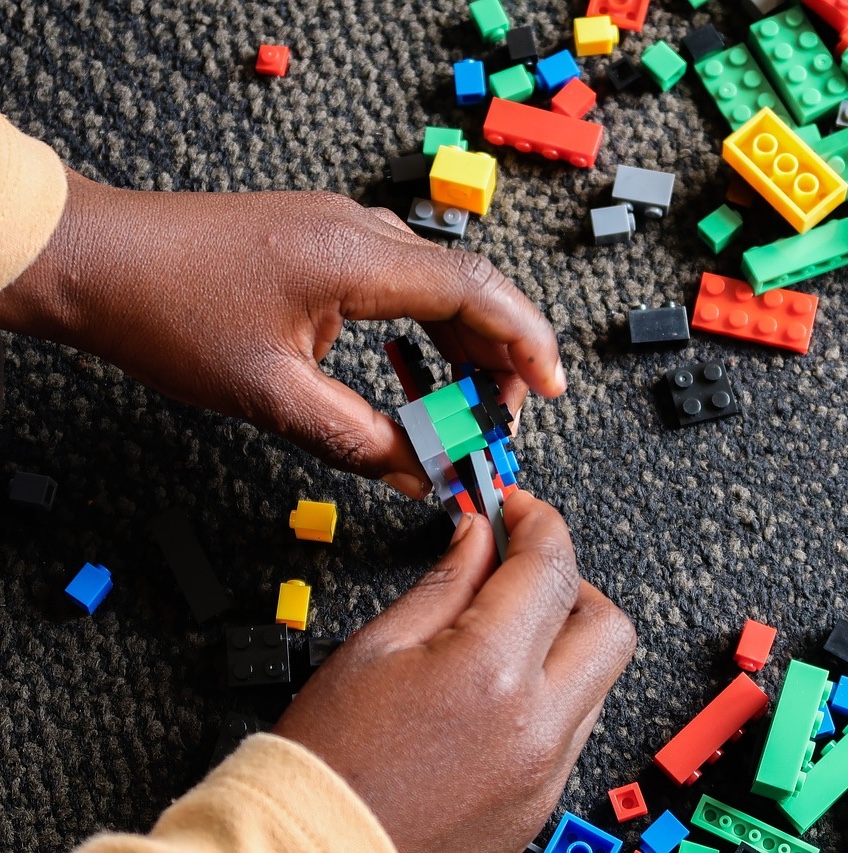
In teaching English Sociolinguistics, I aim to help students explore the relationship between language and society, analyzing how linguistic variation reflects and shapes identities. I use real-world examples, collaborative projects, and diverse perspectives to make concepts accessible and engaging.
In my lessons, students will engage in hands-on activities such as analyzing linguistic varieties (sociolects, dialects, and idiolects), conducting sociolinguistic interviews, and examining discourse patterns in different types of media. They will participate in discussions, group projects, and critical reflections, applying theoretical concepts to practical, real-world contexts.
History of English 2 (6 ects)
(UCLM 66026)
Atumumn term
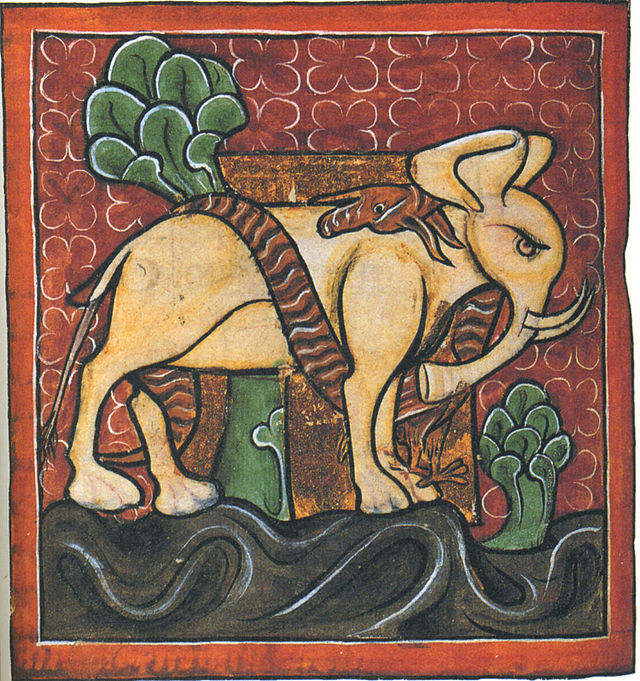
In teaching History of English (1100 to 1700), I aim to guide students in exploring the dynamic evolution of the English language during a transformative period marked by major linguistic, cultural, and historical shifts. Through the study of Middle and early Modern English, students uncover how language reflects societal change and adaptation.
In my lessons, students will analyze primary texts, trace phonological and grammatical changes, and explore the influence of historical events such as the Norman Conquest and the Renaissance. They will engage in activities like transcribing historical manuscripts, comparing dialectal variations, and investigating the emergence of Standard English.
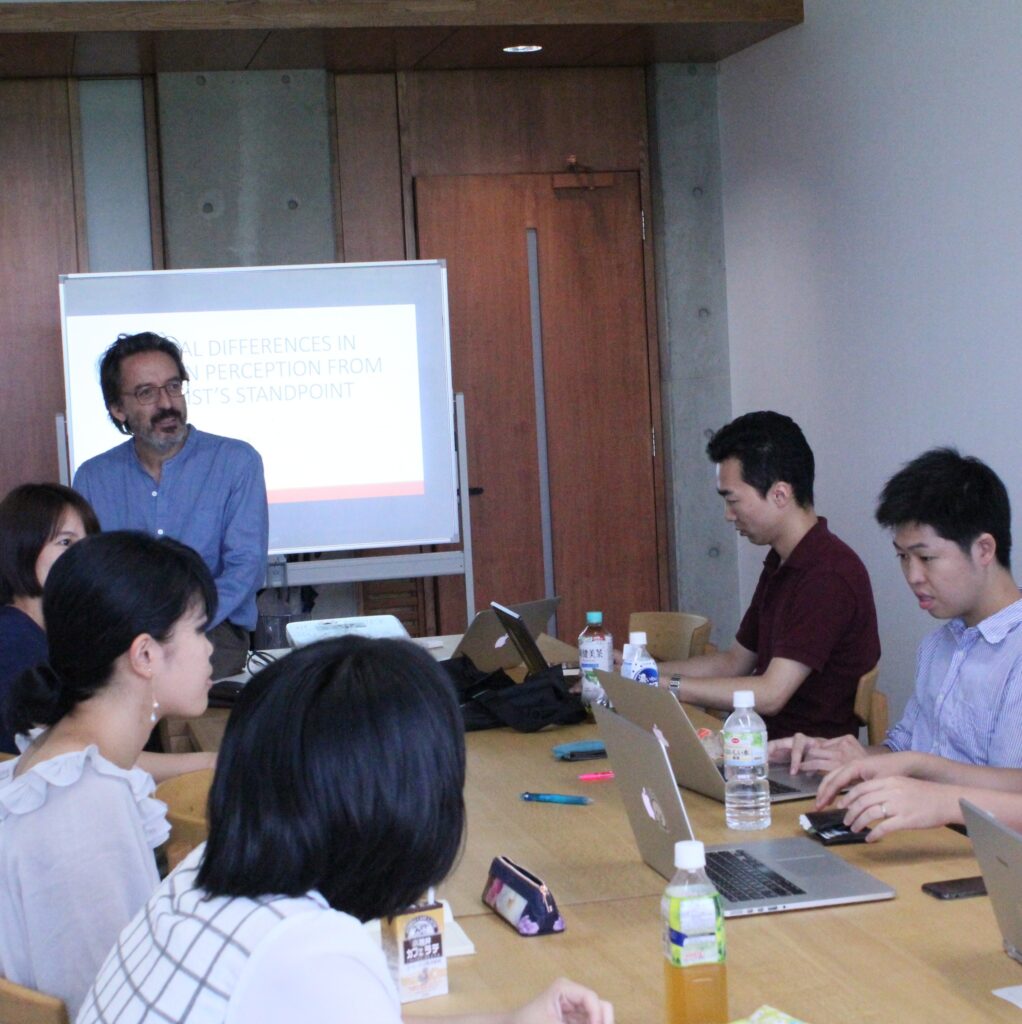
A GLOBAL PERSPECTIVE ON TEACHING
Teaching abroad has deeply influenced my educational approach by expanding my understanding of linguistic and cultural diversity. Engaging with students in different countries exposed me to varied perspectives on language, identity, and societal norms. For example, teaching sociolinguistics in Europe involved discussions on regional multilingualism and language policies, while in Japan, I adapted curricula to address the interplay between traditional linguistic practices and the influence of globalization.
These experiences sharpened my ability to mentor diverse students by fostering sensitivity to their unique challenges and strengths. By valuing cultural differences and incorporating international perspectives, I create inclusive learning environments that prepare students to critically engage with global linguistic phenomena academically and professionally. Here are some examples of my teaching stays that have marked my evolution as an educator.

In 2011, I had the incredible opportunity to teach Sociolinguistics at the University of Mostaganem in Algeria.
Those days remain a cherished memory, as the experience was both professionally enriching and personally fulfilling. The warm hospitality of the people and the rich cultural heritage of the region left a lasting impression on me. My students were exceptional—curious, engaged, and eager to explore the complexities of language and society. The time I spent there not only deepened my understanding of linguistic diversity but also strengthened my passion for teaching. Algeria, with its unique blend of traditions and modernity, holds a special place in my heart.
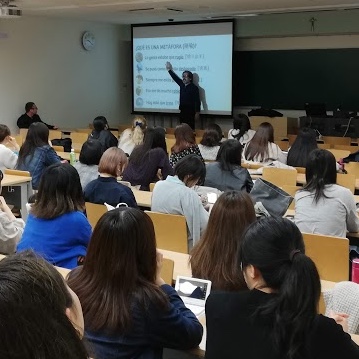
In 2014, I was invited to lead a dynamic workshop about emotion metaphors at the University Club of the UWA in Perth, Australia.
Participants brought diverse perspectives, fostering rich discussions that made the sessions both intellectually stimulating and rewarding. Their curiosity and varied backgrounds created a dynamic environment for exchanging ideas. This experience not only allowed me to share my expertise but also deepened my understanding of how emotional terminology and imagery evolve across historical and cultural contexts. It was a valuable opportunity to explore the interplay between language, emotion, and society, and it remains a defining moment in my journey as an educator and researcher.
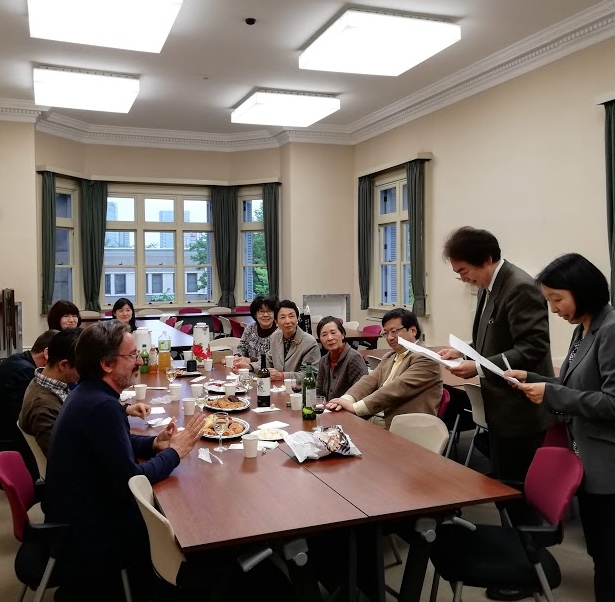
In 2019, I had the privilege of spending time at Seisen University in Tokyo, Japan.
As all my stays in Japan, this experience was both professionally enriching and personally unforgettable. I was warmly welcomed by my Japanese colleagues, whose kindness and support made me feel immediately at home. My students stood out for their exceptional politeness, curiosity, and dedication, making every class a true pleasure to teach. The university’s International Relations Office went above and beyond to ensure my stay was seamless and comfortable. Outside of work, how couldn’t I fall in love with Tokyo? This stay remains a highlight of my career, deepening my passion for cross-cultural education.
MY APPROACH TO MENTORSHIP
As a PhD supervisor, I prioritize fostering intellectual curiosity and independence while providing structured guidance tailored to each student’s needs. Over the years, I have mentored early career researchers from diverse countries and backgrounds, guiding them through projects on a wide range of topics—including linguistic variation and change, language education, and the intricate relationship between language and identity in multilingual contexts. Many of my former doctoral students are now established scholars at universities worldwide. My mentees have successfully presented their research at national conferences and published in peer-reviewed journals, reflecting the collaborative and supportive nature of my mentorship. Additionally, I actively involve students in grant-writing processes and encourage their participation in professional development opportunities, ensuring they are well-equipped for academic and non-academic careers.
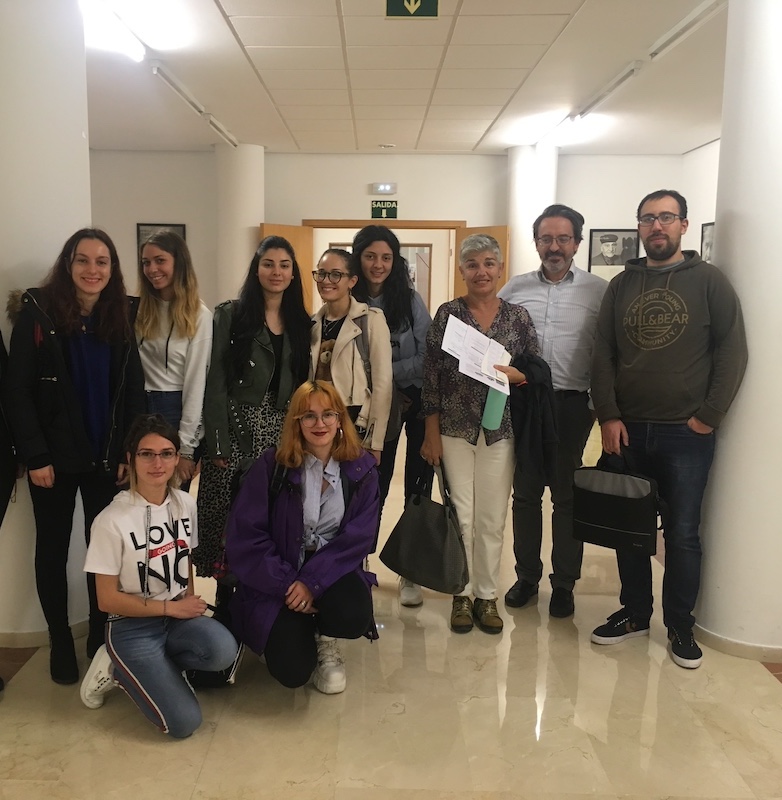
CURRENT AND PAST PhD STUDENTS
2021—present
Yadi Si (Hebei International Studies University, China)
Economic Metaphor in Journalistic Language: A Chinese-Spanish Contrastive Study (Spanish original)
2019—2023
Beatriz Prieto (Aichi University, Japan)
The Ludic Approach in the Spanish as a Foreign Language Classroom in a Japanese University Context (Spanish original)
“I wrote my doctoral thesis on game-oriented methodologies in a Japanese university context with Javier’s supervision. Under his guidance I learnt how to create a solid theoretical framework as well as the best way to communicate the results of my research. The knowledge I adquired writing my thesis has also helped me advance in my career and has given me the basis to continue pursuing my research with confidence” (Beatriz).
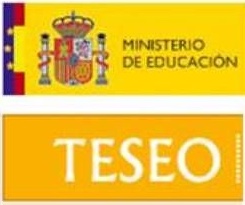
2017—2021
Francisco J. Minaya (UCLM)
A World of Wonders: Aesthetic Emotions in Old English Poetry
“I wrote my doctoral thesis on aesthetic emotions in Old English poetry under Javier’s supervision. My research explored how Anglo-Saxon literary traditions expressed and conceptualized aesthetic experiences. Under his supervision, I developed an interdisciplinary approach that strengthened my expertise in cognitive and historical linguistics, corpus-based analysis, lexical tools, and early English texts, laying a solid foundation for the successful academic career I have pursued. He has similarly guided me after the completion of my PhD, and has been extremely helpful in the development of my professional career in academia, helping me with grant proposals, research projects, and job applications, among others” (Fran).

2010—2014
David Carrascosa (UCLM)
Study, Edition, and Translation of Richard Perceval’s Bibliotheca Hispanica (Spanish original)
“The main purpose of my doctoral thesis was to make Richard Perceval’s Bibliotheca Hispanica (1591) more accessible to the general reader and to the researcher. This first real work in the history of the teaching of Spanish in England, consisting of a grammar and a dictionary, was very important for the Spanish-English grammatical and lexicographical tradition, but until now it was not fully accessible, mainly because of the difficulties involved in understanding the English language of the late sixteenth century due, above all, to its great orthographic variation, the absence of adequate punctuation and its complex syntax. Having brought it back to light, it is now easier and more intelligible for anyone who wishes to get to know this philological jewel, not only of great linguistic value, but also of didactic, historical and ideological value. This thesis has helped me to carry out multidisciplinary studies related to a research topic that is little addressed by Hispanic philologists, perhaps because of the limitation of the English language and the lack of knowledge of the history of the English language. At the teaching level, I apply my knowledge in didactics and Spanish-English lexicography in related subjects, as well as I supervise undergraduate dissertations on this topic” (David).

2008—2013
José Miguel Alcolado (UCLM)
Social Networks and Mixed-Language Business Writing: Latin/French/English in the Wardens’ Accounts of the Mercers’ Company of London (1390–1464) (UCLM Award for Best Doctoral Thesis, 2013)
“My time as Javier Díaz-Vera’s doctoral student was incredibly productive and marked a pivotal moment in my professional journey. In the summer of 2007, while searching for a PhD advisor, Javier was the one who immediately extended his hand to guide me through the arduous dream of becoming a university professor. He supported me in the often-overlooked but crucial task of filling out applications for initial funding from junior scholarships and grants. I was keen on focusing my thesis on historical multilingualism, and Javier wisely directed me towards what would become my research topic and the corpus of texts I would eventually analyse. He also had the bold, albeit initially daunting, idea of writing the entire dissertation in English. This decision significantly increased my research impact, allowing non-Spanish-speaking specialists in the field to engage with my work. Their recognition came in the form of panel invitations, as well as pats on the back and complimentary cups of sugar-free vanilla rooibos.
Javier also encouraged me to explore all facets of academia. This led to opportunities to organise and attend conferences and meetings, where I met scholars I admired and realised that these so-called big names were just as approachable as anyone else.
Earning my Doctorate in Philological Studies with a European Mention in late 2013, which was later awarded a Prize for Excellence by the University of Castilla-La Mancha, opened doors for a three-year lectureship from the Spanish Ministry of Foreign Affairs and Cooperation. This role allowed me to teach languages and promote multilingualism at the tertiary level in an English-speaking country like the Philippines. In summary, without Javier’s guidance, mentorship, and even friendship, I would not be the Assistant Professor I am today” (José Miguel).

2005—2009
María Teresa Pisa (UCLM)
The Bilingualism of French-Speakers in Sudbury (Canada): A Study of Social Networks and Trends in Language Choice (Spanish original)
“The focus of my thesis research was sociolinguistics, specifically the study of bilingualism (French-English) in Ontario, Canada. Javier Diaz-Vera effectively guided me in selecting the theoretical framework for this study, as well as the data analysis model. Later, he continued to advise me in the field of cognitive linguistics, particularly in conceptual metaphor theory” (Maite).

2005—2009
Carlota Regodón
Semantic-Functional Analysis of the Verb Predicate Derived by Locative Prefixation in Old English: Lexicographic Application (Spanish original)
“I wrote my doctoral thesis on Old English verbs prefixed with locative particles under the supervision of Professor Javier E. Díaz-Vera. My research aimed at creating lexical entries for these verbs within a semantic-cognitive framework. Under Prof. Díaz-Vera’s guidance, I acquired deep knowledge of historical linguistics, language conceptualisation and lexicographic practice, from which I still regularly draw valuable insights and apply them in my teaching practice as a foreign language teacher” (Carlota).

I have also supervised a large number of MA and BA dissertations, many of which explored variation and change in the conceptualization of emotions across languages worldwide. These included studies on English (and its many varieties), German, Spanish, Italian, French, Romanian, Polish, Russian, Japanese, Korean, Chinese, Moroccan Arabic (Darija), Bubi, and Guarani.
If you would like to discuss a potential supervision idea, particularly in areas related to language, culture, and emotion, I would be delighted to hear from you and explore how we can work together.